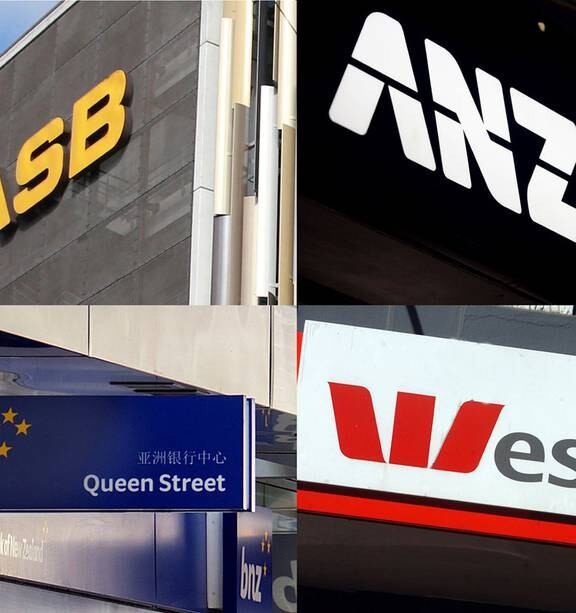
13 Mar Navigating Mortgage Options: Lender Types in New Zealand
When it comes to buying a house in New Zealand, securing a mortgage is a crucial step. But with a variety of lenders offering seemingly endless options, it can be overwhelming. This guide will break down the three main types of mortgage lenders in New Zealand:
1. Main Banks: The Heavily Regulated Big Players
Main banks, like ANZ, ASB, BNZ, Westpac, and Kiwibank, are the most prominent players in the mortgage market. They are heavily regulated by the Reserve Bank of New Zealand (RBNZ) which ensures financial stability and consumer protection. This translates to stricter lending criteria, particularly around Loan-to-Value Ratios (LVRs). Typically, main banks require a 20% deposit, but some government programmes, like Kainga Ora First Home Loans, can offer lower deposit requirements with eligibility criteria.
They offer the lowest interest rates, and longer terms compared to other lender types, and are the ideal choice if you meet their criteria.
Why are Main Banks More Regulated?
Main banks obtain their funding from a variety of sources, including customer deposits. Because depositors expect their money to be safe, the RBNZ imposes stricter rules on how banks lend. This protects both depositors and borrowers from excessive risk.
Smaller local banks like TSB, SBS, The Cooperative Bank and Heartland Bank are similar in their offerings along with asian banks like Bank of China, China Construction Bank, ICBC, Kookmin Bank and Bank of Baroda
2. Near Banks: Offering Flexibility with Caveats
Near banks, also known as second-tier lenders, provide an alternative to main banks. Many of these are Australian lending institutions. They often cater to borrowers who might not meet the stricter criteria of major banks, such as those with impaired credit history or complex income structures like self-employed clients who’ve only been operating for 6 months, banks usually require 1-2 years financial history. Near banks can offer more flexibility with Loan-to-Value Ratios for investment properties, up to 80% (The Reserve Bank of New Zealand currently imposes an LVR restriction of 65%), while still offering longer loan terms similar to the banks and can be a great choice depending on your financial situation, but this comes with a catch.
Less Regulation, More Scrutiny on You
Near banks source their funds from bank credit lines, private investors rather than customer deposits. This allows them more freedom in lending practices, but it also means they may charge higher interest rates or fees to compensate for the perceived higher risk. Be prepared for a thorough assessment of your financial situation, as near banks need to be confident in your ability to repay.
Some near bank lenders include: Resimac, Peppermoney (recently acquired HSBC NZ), Bluestone and Liberty.
There are also a couple of long-term, well-established, locally-owned near-bank lenders in New Zealand, such as Avanti Finance and Basecorp Finance, that offer both shot-term and long-term financial products.
3. Non-Bank Lenders: Short-Term Solutions
Non-bank lenders are a specialised group that offer short-term mortgage solutions, typically for bridging finance or renovations. These loans are designed to be repaid quickly, often within 12 months, or some lenders may offer up to 24 months for some projects.
Exit Strategy is Key
Non-bank lenders require a clear exit strategy as part of your application. This could involve refinancing with a main bank after renovations are complete, or selling the property within a specific timeframe. Non-bank loans come with even higher interest rates and fees than near banks, so they should only be considered for short-term needs.
Some Non-bank lenders include: DBR, Cressida, First Mortgage Trust, ASAP, Southern Cross Partners, Funding Partners and Vincent Capital.
Choosing the Right Lender
The best lender for you depends on your individual circumstances. If you have a good deposit and a strong financial history, a main bank may offer the most competitive rates and terms. However, if you need more flexibility or are in a time-sensitive situation, a near bank or non-bank lender could be a viable option. Remember, carefully consider the interest rates, fees, and exit strategies before committing to any lender.
Learn more about mortgages and strategies to unlock your financial potential through property at our next workshop!

